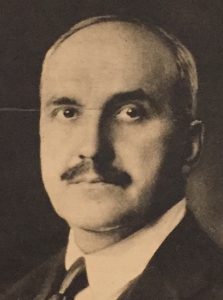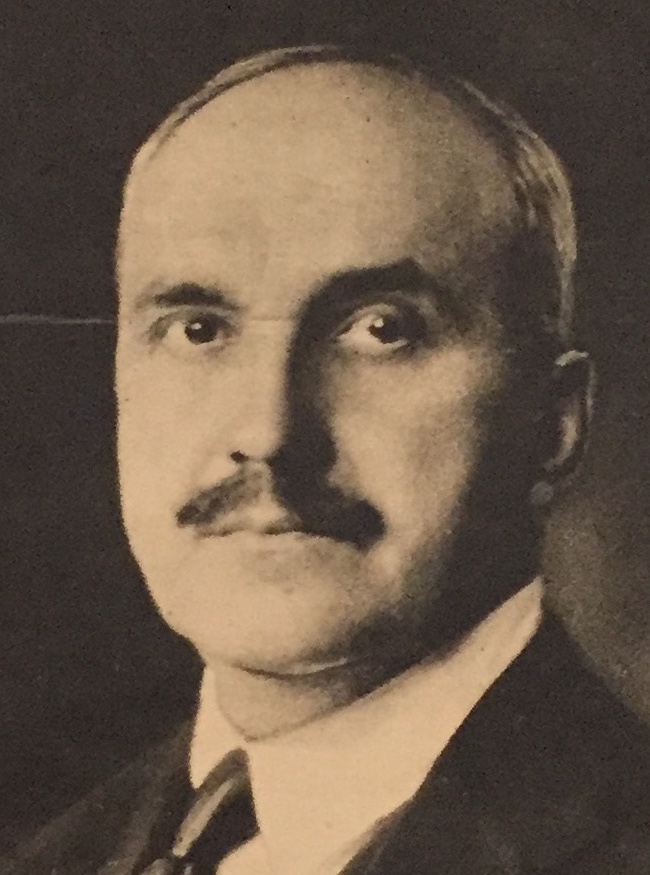 To Mr. Gross
To Mr. Gross
C/o Brown Shipley & Co. 123, Pall Mall, London, S.W.
Rome. March 20, 1936
Dear Mr. Gross
The reason for calling Oliver the “last puritan” is given in the Prologue. He had reached the ultimate phase of puritanism, when it condemns itself. That doesn’t kill it, but it kills the man who has it. Of course, most modern descendants of the Puritans, with some remnant of superstitious conscience, become ordinary business men and hardly less robust socially than other people—more robust than their historical enemies the Anglican Catholics. But Oliver is meant not to be a puritan by accident only—but or by inheritance, but by nature. And he “peters” out because his austerity rejects the ordinary religious and moral shams that satisfy most idealistic souls, while at the same time he can’t identify himself with the life of the world. He is like the rich young man in the Gospel who turns away sadly: not in this case because he wasn’t ready to sell all he had and give to the poor, but because he found no Christ to follow.
From The Letters of George Santayana: Book Five, 1933-1936. Cambridge, MA: The MIT Press, 2003.
Location of manuscript: Unknown.
